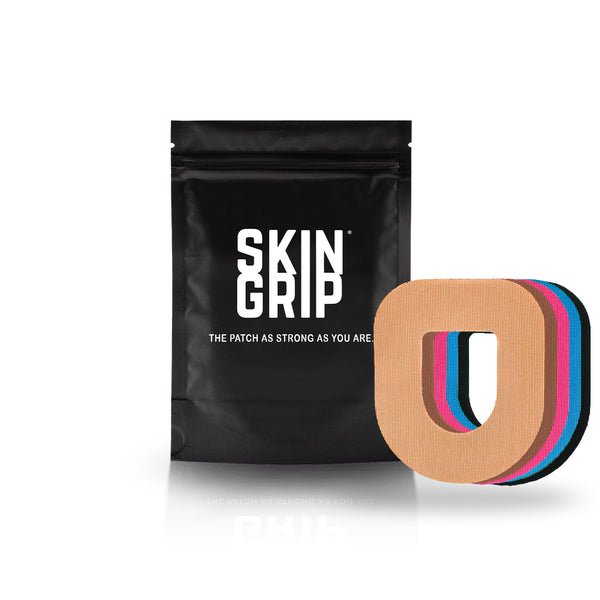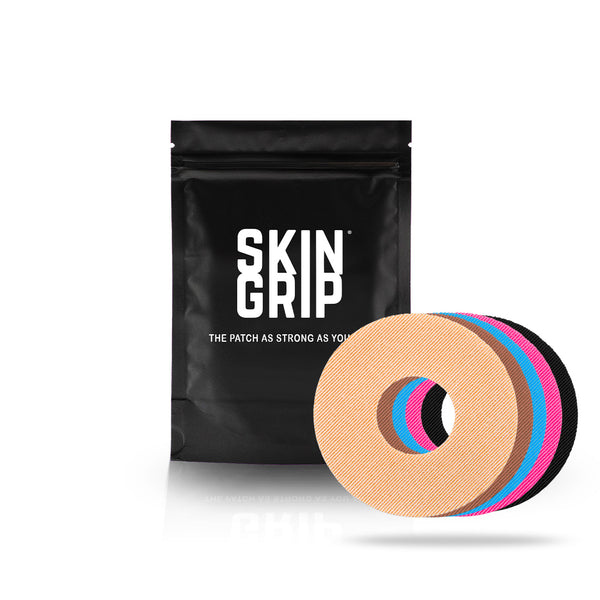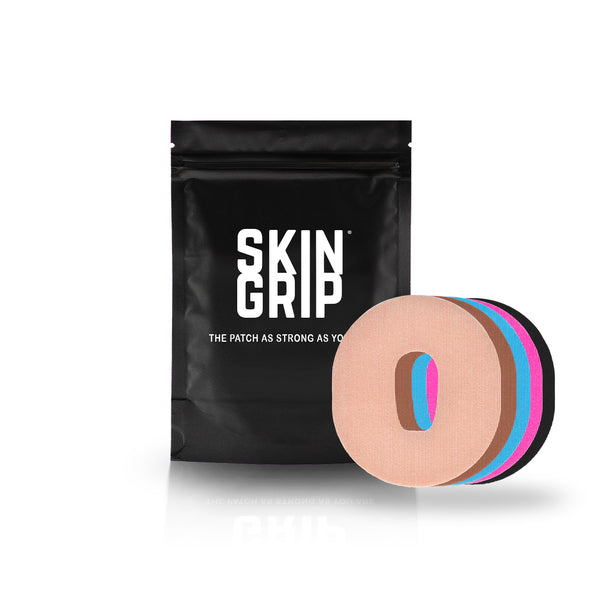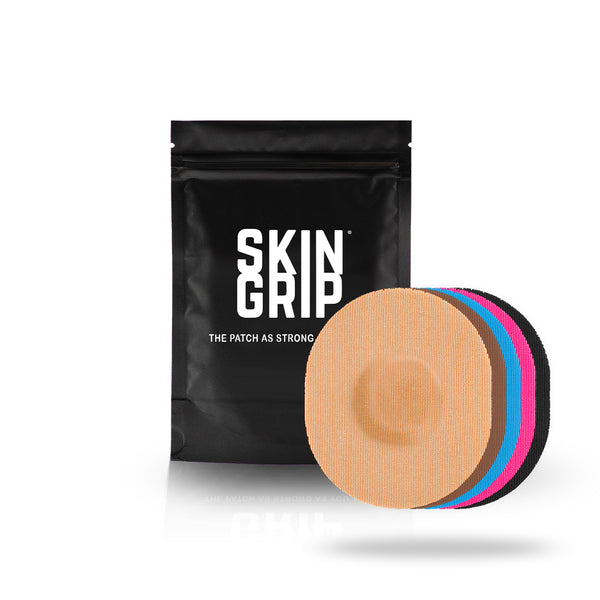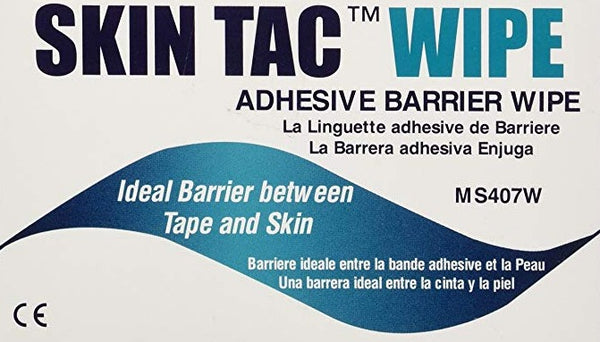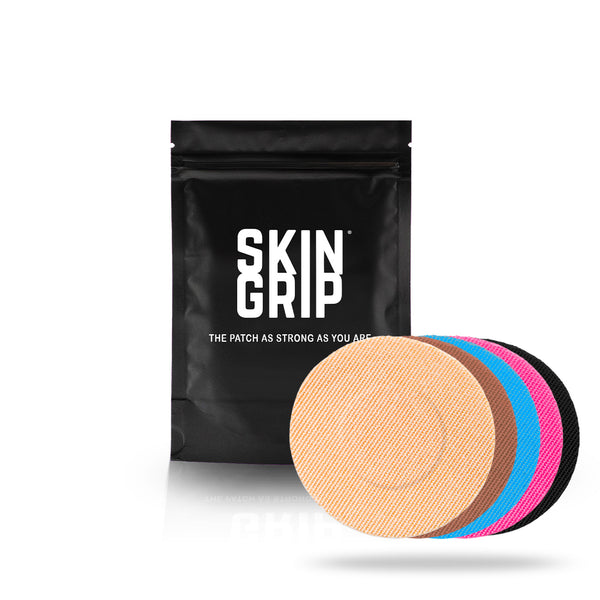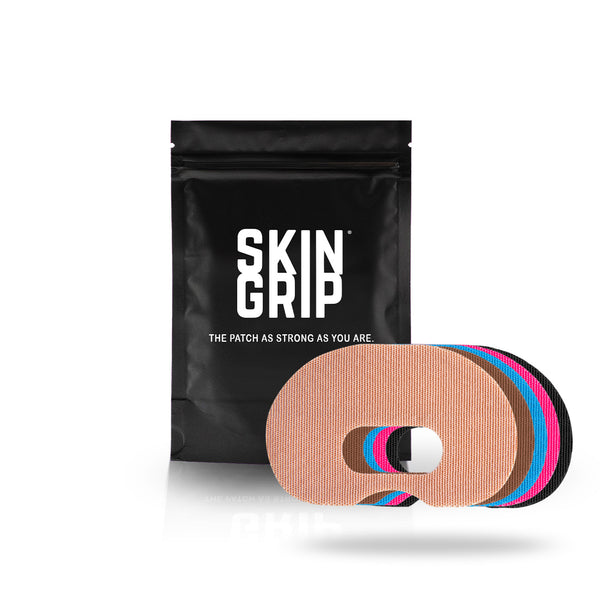 (HansMartinPaul / pixabay)
(HansMartinPaul / pixabay)
You may have heard horror stories of people who have lost their feet due to complications from diabetes. The reports may be discouraging for those who are newly diagnosed, but regular care can prevent many of these complications.
Complications with the feet are primarily due to diabetic neuropathy. This is a condition that causes the nerves in your body to become damaged over time by high blood sugar. As a result, your feet may become numbed or lose feeling altogether. The lack of sensation may allow for injuries or infections in the foot to go untreated, leading to more extensive injuries or infections than would otherwise be present. Symptoms may include numbness, burning, or tingling in the outer extremities such as your hands or toes.
Some complications may also be due to a narrowing of the blood vessels called peripheral vascular disease. This complication is prevalent among smokers and people who are affected by heart disease in addition to diabetes. Symptoms include sores and injuries that do not heal, poor circulation, and diminishing feeling.
What You Can Do For Your Feet
The best way to protect your feet from complications is to keep your diabetes under control. Since neuropathy is a direct result of consistently high blood sugar, it can be prevented by closely monitoring your blood glucose levels, adjusting your diet, and taking medication to manage your blood sugar.
Today, there are some amazing medical devices called CGMs (continuous glucose monitors) that attach to the skin and can be secured by diabetic sensor tape. The sensor continuously monitors your blood sugar, sending alerts to an external device or smartphone when it spikes too high or drops too low. These kinds of devices can help you closely monitor your blood glucose to keep it within a healthy range.
Other practices can help you pay specific attention to your feet and keep them in good health. Feet are a frequently neglected part of health, so even people who aren’t affected by diabetes can benefit from these habits. Feet should be checked daily for injury, blisters, or growths such as corns or warts. Catching and treating these issues early can often prevent more significant injury. The more attention paid to your feet, the easier it will be to notice anything unusual that might be a problem. Avoid removing any growths yourself and, instead, make an appointment with your doctor.
Paying attention to hot spots and blisters is particularly important for athletes and people enjoying the outdoors. Take regular breaks to rest and check your feet, wear properly fitted shoes and quality socks. Keeping products like moleskin or duct tape in your pack can help you prevent a hot spot from turning into a blister. Avoid walking barefoot outdoors, particularly if you suspect you may already show some loss of feeling in your feet. Thorns, sharp stones, and animals can cause injuries to the foot that can become severe if left untreated.
Lastly, keep your feet clean and dry. Washing your feet daily in warm water can be a relaxing way to give your feet a little attention. If you suspect you may already suffer from neuropathy, use a thermometer to keep the water temperature from reaching unsafe levels. Diminished feeling may prevent you from detecting scalding water with your feet alone. After you have washed your feet, dry them thoroughly and apply talcum powder between your toes. Doing this prevents infection and fungus from taking root in the moist crevices between the toes and causing other complications.
If you do show signs or symptoms of neuropathy or infection, contact a doctor immediately. While conditions can often be treated or controlled, the damage is not always reversible. The horror stories about people losing limbs are often the result of improper care, in which infections were allowed to become completely gangrenous before medical attention was sought. Instead of waiting for that infection to “clear up on its own,” make an appointment with a physician to examine it and provide treatment if necessary.
Avoid Other Risks
While diabetes is serious on its own, other factors can increase your risk of complications with your feet. Smoking can compound cardiovascular issues, such as atherosclerosis and peripheral vascular disorder. These issues frequently affect the outer extremities, such as the hands and feet first. If you currently smoke, stop.
Similarly, obesity, poor diet, and a lack of activity can increase the likelihood of these complications. In order to mitigate these risks, focus on living a healthy, active lifestyle. Exercising frequently and eating a heart-healthy diet can drastically improve your circulation and help you manage your diabetes.
If you are worried about activity impacting your CGM device, Skin Grip provides waterproof adhesive patches that are compatible with the Freestyle Libre, Dexcom g6, Medtronic, and Guardian devices. These patches can keep your device secure so that you can live actively and fearlessly.
Don’t Worry
With proper care and management, you can keep your feet (and the rest of your body) healthy for your entire life. A few minutes of care a day, combined with maintaining a relationship with your doctor, can prevent complications and encourage healthy habits that keep your feet a-walkin’. Happy trails, friends.











